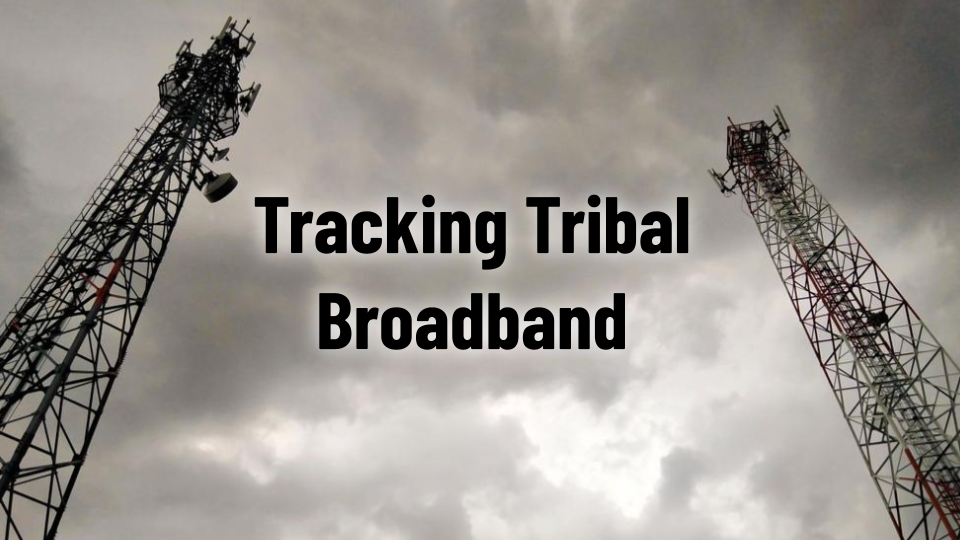
- Details
- By Chez Oxendine
- Economic Development
Sault Ste. Marie Tribe of Chippewa Indians
Location: Sault Ste. Marie, Michigan
Awards: $25.5 million
Last year, the Sault Ste. Marie Tribe of Chippewa Indians received $25 million under the Department of Agriculture's Rural Development ReConnect Program for the buildout of a fiber network. That project is underway, but in the meantime, people need to get online now, says Vice Chairman Austin Lowes.
To that end, the tribe is leveraging a $500,000 award from the Tribal Broadband Connectivity Program to begin subsidizing high broadband costs for existing users across the tribe's northern Michigan reservation. The award, administered by the National Telecommunications and Information Administration, will help the Sault Ste. Marie tribe make prepayments to surrounding providers to ease the pressure of tribal members' broadband bills.
In total, the tribe plans to assist more than 1,100 homes with their broadband costs - a stopgap measure on the way to providing their own services through the ReConnect grant down the line, Lowe said.
"We view the internet as an essential utility these days," Lowe said. "A lot of our members are on fixed incomes, a lot of members are on SSI, a lot are unemployed, and this grant allows us to provide internet for our tribal members for 25 less a month, and that's a big deal."
Existing providers cover much of Sault Ste. Marie's Upper Peninsula reservation territory, though the quality of their speed varies, particularly in vicious weather common in the area during winter months, Lowe said. Many tribal members in the area pay between $80 and $100 for internet, stretching already thin fixed incomes.
Even that much can be an insurmountable cost for some tribal members,Lowe said. That means while the tribe is working on fixing the basic connectivity barrier, there's another one they have to address in the interim.
"If you've got someone who is only making a certain amount a month, then the less they have to worry about some of the bills, the better," Lowe said. "Cost is a connectivity issue, and this helps address that while we get our other project going.
In the meantime, the tribe’s $25 million ReConnect grant under the Department of Agriculture is proceeding apace, Lowes told Tribal Business News. Once the tribe concludes its latest planning phase, they plan to issue proposal requests for contractors, and then begin putting fiber in the ground.
From there, the tribe hopes to become their own internet service provider, but may temporarily turn to a vendor if capacity building becomes an issue, Lowes said.
“It takes just a little technical expertise. It's not something we're currently doing, so it's something we'd need to hire some people, train some people, get them ready for the job,” Lowes said. “It may be something we can pull from our talent pool, or we may need to turn to experts for the time being.”
